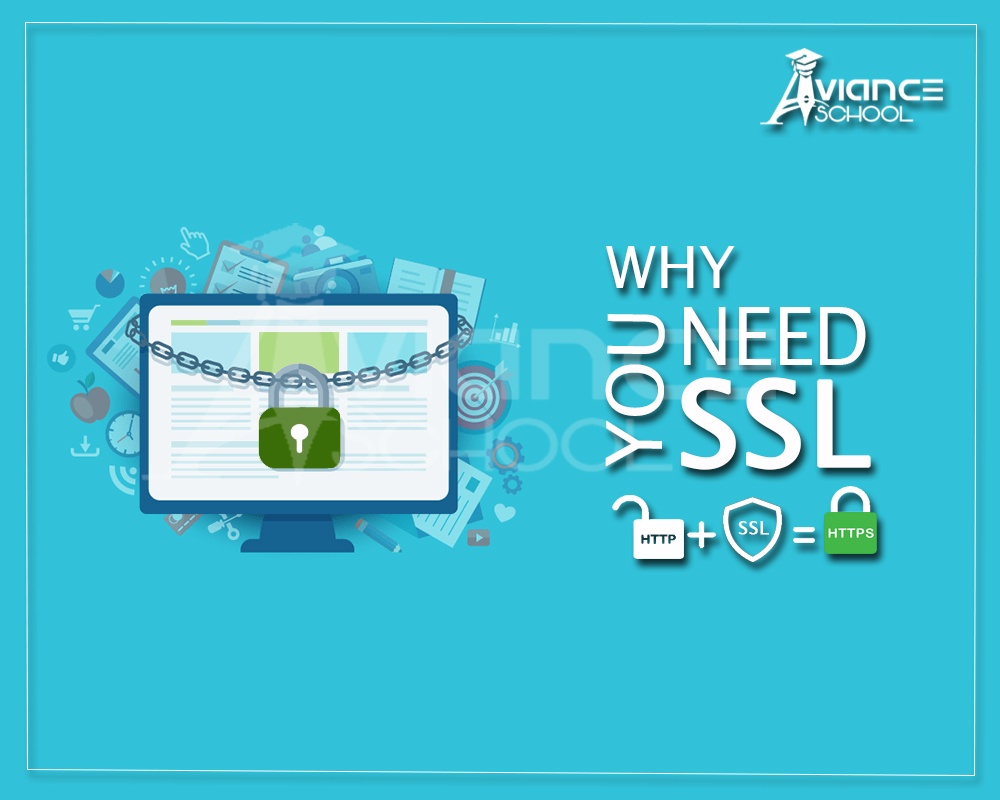Why an SSL Certificate is so important for website
An SSL Certificate (Secure Sockets Layer) is called a Digital Certificate which creates a secure link between a website and a visitor’s browser. When installed on a web server, it activates the padlock and the https protocol .SSL allows secure connections from a web server to a browser. SSL is used to secure credit card transactions, data transfer and login credentials.
The level of validation:
- Domain Validation – this level is the least expensive, and covers basic encryption and verification of the ownership of the domain.
- Organisation Validation – in addition to basic encryption and verification of ownership of the domain, certain details of the owner (e.g., name and address) are authenticated.
- Extended Validation (EV) – this provides the highest degree of security because of the thorough examination that is conducted before this certificate is issued (and as strictly specified in guidelines set by the SSL certification industry’s governing consortium). In addition to ownership of the domain and entity authentication, the legal, physical and operational existence of the entity is verified.
Why SSL Certificates?
Protect Sensitive Information:
An SSL Certificate creates a secure environment to keep sensitive information sent across the Internet encrypted so that only the intended recipient can access it.
Boost Google Ranking:
Provide a safer browsing experience by adding an SSL Certificate for your website and enjoy the benefit of a better search engine ranking.
SSL Provides Trust:
Protect your website with the green padlock by a trusted SSL service provider and avoid the not secure warning in the browser and the users will trust your website more.
PCI Compliance:
PCI (Payment Card Industry) requires adequate encryption of credit card holder information while being transmitted from a web server to a browser.
WITHOUT SSL
- Connection is not encrypted.
- The Web browsers mark all HTTP pages as not secure.
WITH SSL
- Secure connection between browser and web server.
- Trusted environment for website visitors.



